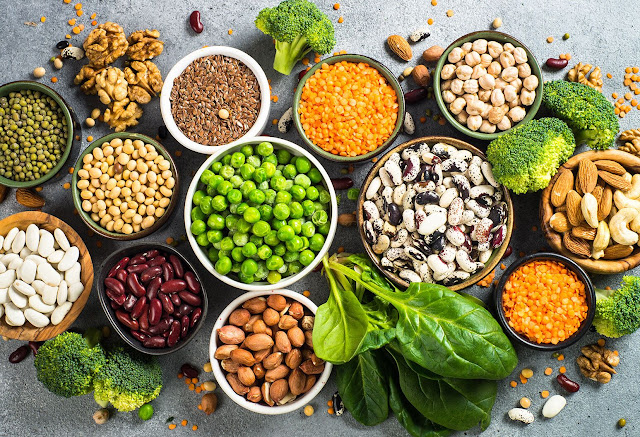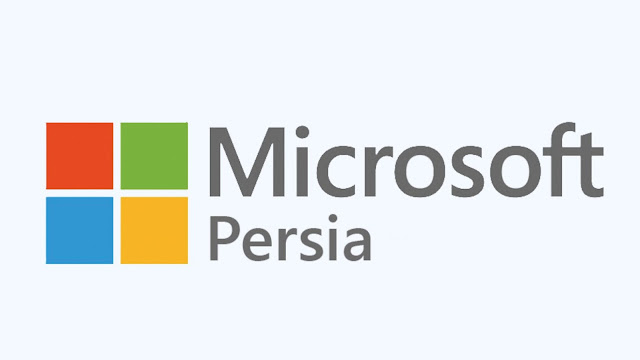Vegan Protein Sources
Unveiling the Abundant World of Vegan Protein Sources
Introduction: In recent years, the rise of veganism has spurred an increased interest in plant-based protein sources. Contrary to the misconception that vegans struggle to meet their protein needs, a rich tapestry of protein-packed plant foods awaits exploration. From legumes to nuts, seeds to grains, the plant kingdom offers a diverse array of protein sources that not only nourish the body but also promote environmental sustainability and ethical living. In this article, we embark on a journey to uncover the abundance of vegan protein sources, debunking myths and shedding light on the nutritional richness of plant-based diets.
The Importance of Protein in Vegan Diets:
Protein is an essential macronutrient vital for building and repairing tissues, synthesizing enzymes and hormones, and supporting overall health. While animal products are commonly associated with protein, plant-based diets can adequately meet protein requirements with strategic food choices. Understanding the concept of complementary proteins, combining different plant sources to ensure a complete amino acid profile, is key to optimizing protein intake on a vegan diet.Legumes: Nature's Protein Powerhouses Legumes, encompassing beans, lentils, chickpeas, and peas, stand out as exemplary sources of plant-based protein. Not only are they rich in protein, but legumes also boast an array of vitamins, minerals, and dietary fiber. Chickpeas, for instance, offer approximately 19 grams of protein per cooked cup, making them a staple in vegan cuisine. Lentils, with about 18 grams of protein per cooked cup, are equally impressive. Incorporating legumes into soups, stews, salads, and curries can effortlessly elevate protein intake while adding depth and flavor to meals.
Nuts and Seeds: Tiny Treasures of Protein Nuts and seeds, despite their modest size, pack a powerful punch of protein and essential nutrients. Almonds, walnuts, cashews, and pistachios are just a few examples of protein-rich nuts. Likewise, seeds such as chia, flaxseed, pumpkin, and sunflower seeds are nutritional powerhouses. For instance, a mere quarter cup of almonds provides around 8 grams of protein, along with healthy fats and antioxidants. Incorporating nuts and seeds into breakfast bowls, smoothies, salads, and homemade energy bars not only enhances protein content but also adds texture and crunch to dishes.
Whole Grains: Wholesome Protein Sources Whole grains play a crucial role in a balanced vegan diet, offering not only complex carbohydrates but also significant amounts of protein. Quinoa, amaranth, brown rice, oats, and barley are among the many whole grains that contribute to protein intake. Quinoa, often hailed as a superfood, contains approximately 8 grams of protein per cooked cup, along with all nine essential amino acids. Similarly, amaranth boasts around 9 grams of protein per cooked cup, making it a valuable addition to vegan meal plans. Utilizing whole grains in dishes such as salads, stir-fries, and grain bowls provides a hearty dose of protein while promoting satiety and overall well-being.
Soy Products: Versatile Protein Alternatives Soy products, including tofu, tempeh, and edamame, are renowned for their versatility and nutritional value. Tofu, made from soybean curds, is a blank canvas for flavor, absorbing marinades and spices effortlessly. With approximately 20 grams of protein per cup of firm tofu, it serves as a versatile ingredient in stir-fries, scrambles, and sandwiches. Tempeh, a fermented soybean product, offers around 31 grams of protein per cup, along with probiotics beneficial for gut health. Edamame, young soybeans, are not only rich in protein but also in fiber, vitamins, and minerals. Incorporating soy products into meals adds variety and texture while boosting protein intake in vegan diets.
Plant-Based Protein Powders: Supplements for Optimal Nutrition Plant-based protein powders, derived from sources such as peas, brown rice, hemp, and pumpkin seeds, serve as convenient supplements for individuals seeking to augment their protein intake. Pea protein, in particular, has gained popularity for its high protein content and digestibility. Hemp protein, rich in omega-3 fatty acids and fiber, offers a well-rounded nutritional profile. These powders can be blended into smoothies, baked goods, and protein shakes to enhance protein content and support muscle recovery and growth.
Conclusion: In conclusion, the realm of vegan protein sources is vast and varied, offering an abundance of options for individuals committed to plant-based living. Legumes, nuts, seeds, whole grains, soy products, and plant-based protein powders stand as pillars of nutrition, providing essential amino acids and promoting overall health and well-being. By embracing the diversity of plant foods and adopting mindful eating habits, vegans can easily meet their protein needs while enjoying delicious, satisfying meals. Let us celebrate the richness of nature's bounty and embark on a journey toward a more sustainable, compassionate way of nourishing our bodies and the planet.
Website: https://cruelty.farm/
https://sites.google.com/view/chronicdiseasereversal/home



Comments
Post a Comment